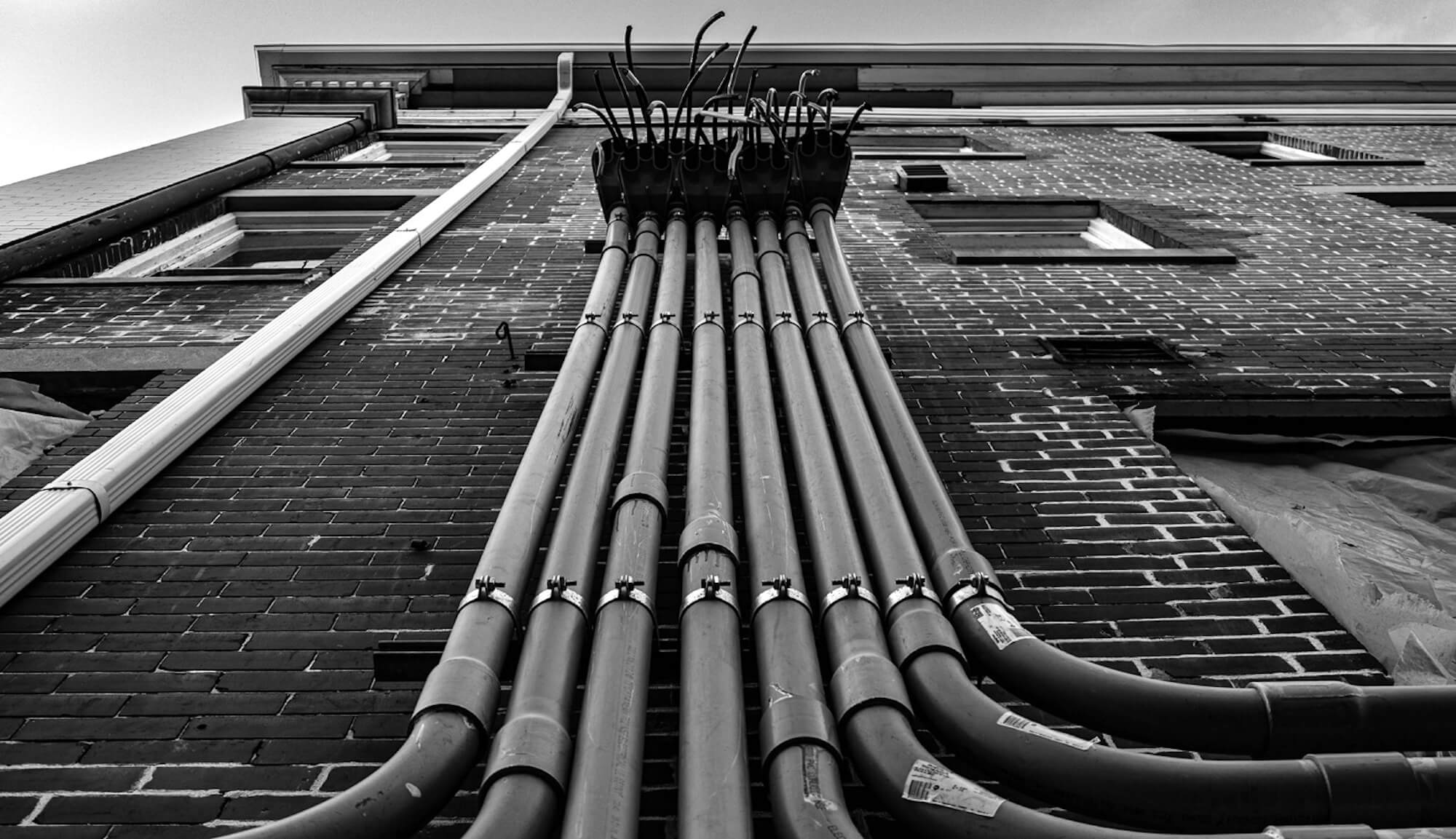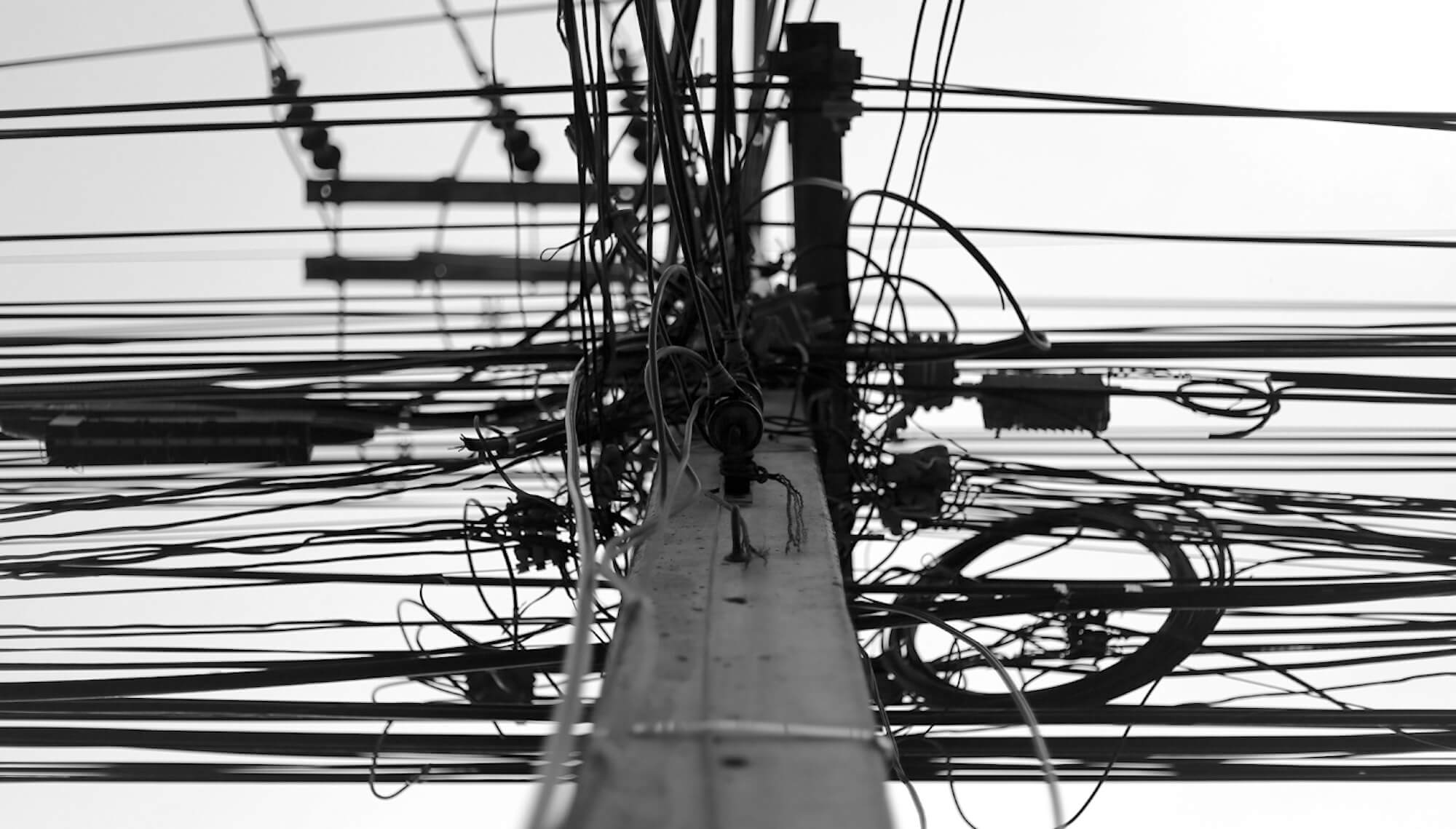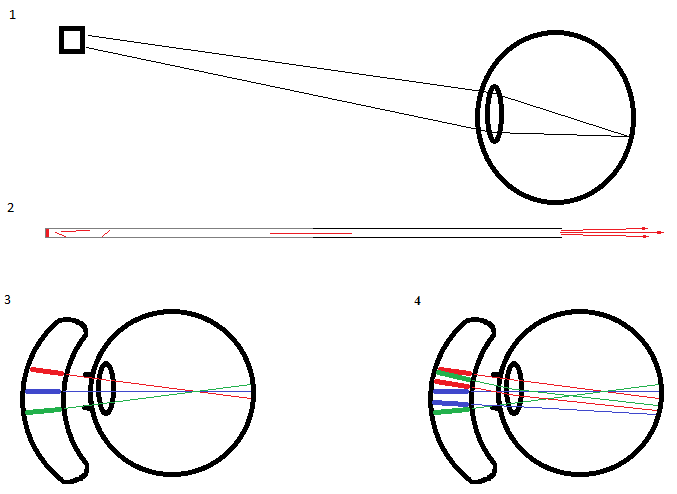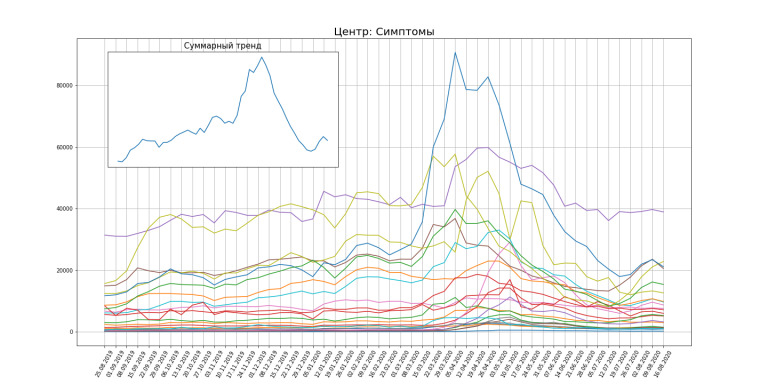Why the FCC banned homeowners from making exclusive deals with ISPs
In theory, the new rules should encourage competition among network service providers, but past experience has not been very successful. We decided to discuss the situation and consider the views of the parties in today’s material.

Alone at home
A year ago a California citizen published a note in The Wall Street Journal, where he complained about his slow Internet – only 3 Mbps. He couldn’t change providers because there were no alternatives in his house.
There are quite a lot of similar stories in the USA – about fifty million families can not choose a network service provider. One of the reasons for this situation is exclusive agreements with providers, which are often sign homeowners. The document allows telecoms to offer their services to residents of an apartment building without fear of alternatives from competitors.
Regulators have long looked at this practice with disapproval, as it leads to a decrease in the level of quality of services. Legal in the US broadband connection counts channel with download and upload of 25 Mbps and 3 Mbps. As a result, the quality of high-speed access is in question, and providers have no incentive to offer new and more attractive options to customers.
In January, officials from the US Federal Communications Commission decided to put an end to non-competitive practices and introduced new rules.
No exclusivity
FCC regulation not only forbids ISPs to enter into new exclusive deals, but also demands to revise the terms of the old ones. Interestingly, a few years ago, the FCC already introduced a ban on exclusive contracts, but market participants found ways to get around the restrictions. For example, we used “leaseback» – in this case, the seller sells the assets to the buyer, who subsequently leases them to the seller. It turns out that Internet service providers built own network infrastructure in buildings, sold it to homeowners, and those, as it were, allowed it to be used on favorable terms. The new rules should put an end to this practice as well.
However, homeowners were allowed to sign “marketing contracts” and advertise the services of a particular provider. Although there is a condition here – they are required to inform residents about the possibility of choosing another provider.

As for the telecommunications companies, they opposed the FCC decision. Representatives of the NCTA association, which includes providers and suppliers of network equipment, believe that the sharing of cables in homes by several operators will lead to interruptions and a decrease in the quality of services in general. At the same time, exclusive deals, on the contrary, contribute development of competition and the network infrastructure of buildings in particular.
At the same time, representatives of public organizations warmly welcomed new initiative of the Liaison Commission. However, they note that the regulator needs to monitor the situation for the emergence of new loopholes in the legislation.
More initiatives
The FCC also made several landmark decisions aimed at developing the federal network infrastructure. At the end of January the Commission singled out $1.2 billion to roll out broadband Internet access in rural areas. As part of the program, dozens of providers will connect more than a million new settlements. A special non-profit organization will control the work of contractors – they plan to publish the results of audits and data transfer speed tests in the public domain.
Last week the head of the FCC also announcedthat the regulator will deal with the replacement of poles with telecommunications equipment. Standards will be developed will share financial responsibility between the owners of the infrastructure for installing equipment and Internet providers. All of these initiatives are part of a plan to modernize America’s network infrastructure globally. How successful it will be, only time will tell.
About the work of Internet providers in our blog:
More materials about protocols and Internet standards:





